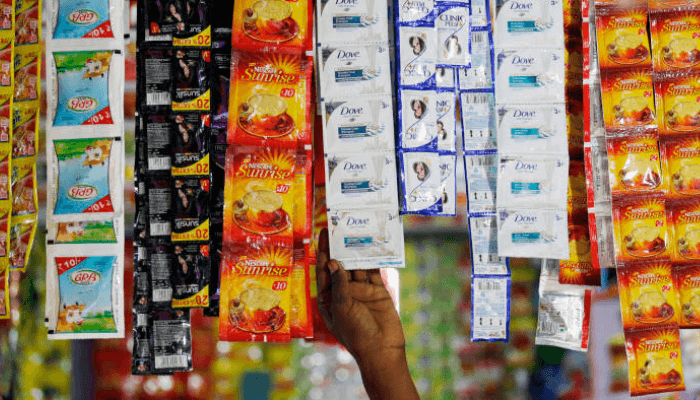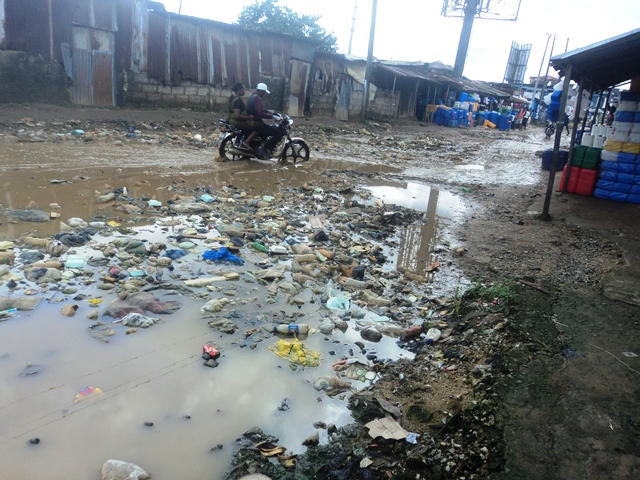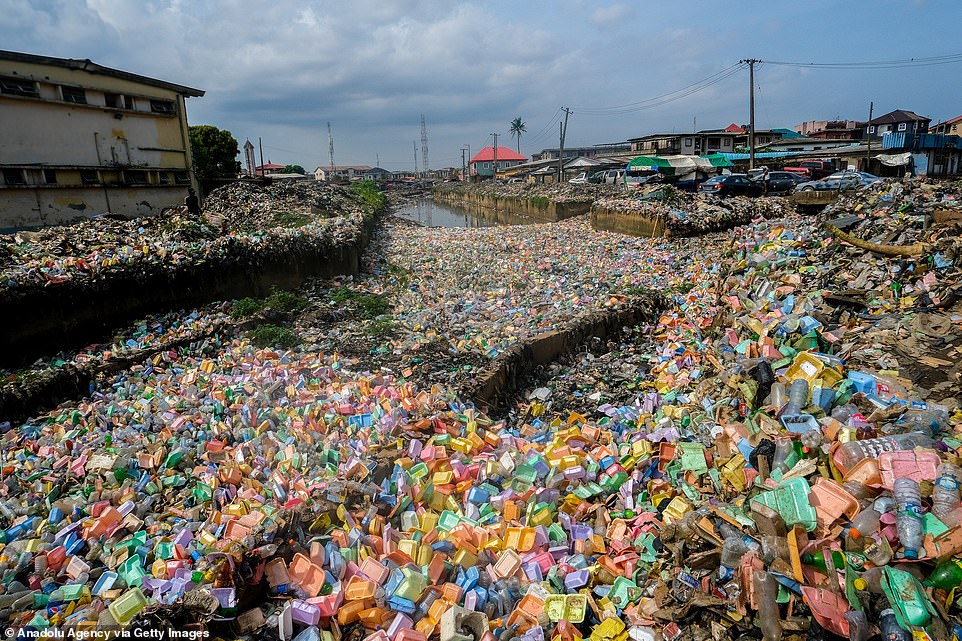The Sachetification–Sustainability Dilemma

Image Source: Business Day
Nigeria’s economy has normalised the sachet. From water to condiments, survival is portioned into the smallest possible units because millions cannot afford beyond the immediate. Sachetification is less a mark of ingenuity than of precarity. It reflects a society where tomorrow is uncertain and today must be managed in fragments.
“The sachet is less a mark of ingenuity than of precarity.”
The irony is that what enables survival steadily undermines the environment. Plastic waste has become one of Nigeria’s most visible exports to itself: drains blocked, rivers polluted, farmlands eroded. In Lagos, a single downpour is often enough to paralyse entire neighbourhoods, as streets transform into rivers clogged by discarded sachets.

Source: ICIR Nigeria
Policy responses reveal the uncomfortable tradeoff. Styrofoam packs, straws and flimsy nylons are outlawed, yet sachet water and PET bottles remain untouched. The exemption is no accident but recognition: sachets are access to clean water where public utilities fail. To ban them without alternatives would be to escalate hardship. The country finds itself in a bind, trying to legislate against pollution while leaning on the very plastics that make daily life possible.
“To ban sachets without alternatives would be to escalate hardship.”
This is the heart of the dilemma. The pursuit of sustainability cannot ignore poverty, yet the normalisation of poverty through sachetification hastens ecological collapse. Every day, Nigeria consumes over 60 million sachet water bags. What begins as relief for the poor ends as burden on the land, the rivers, and the air.

Source: DailyMail UK
A gradual pathway exists: strengthen recycling systems, introduce affordable alternatives, hold producers accountable, and integrate those who rely on the plastic value chain into more sustainable livelihoods. Waste pickers, for instance, already recover much of Nigeria’s recyclables, yet they remain excluded from formal recognition. Supporting their work could unlock significant gains without worsening hardship.
Still, Nigeria’s history with policy execution urges caution. Too often, good intentions dissolve into weak enforcement, abandoned reforms, and short-term fixes.
“The sachet has become more than plastic. It is a metaphor for governance itself.”
The sachet is now more than plastic. It has become a metaphor for governance itself: fragmented, improvised, and prone to promises designed to last a moment rather than a generation.
The question that lingers is unsettling. How long can a nation keep living in fragments before the fragments finally begin to define the whole?